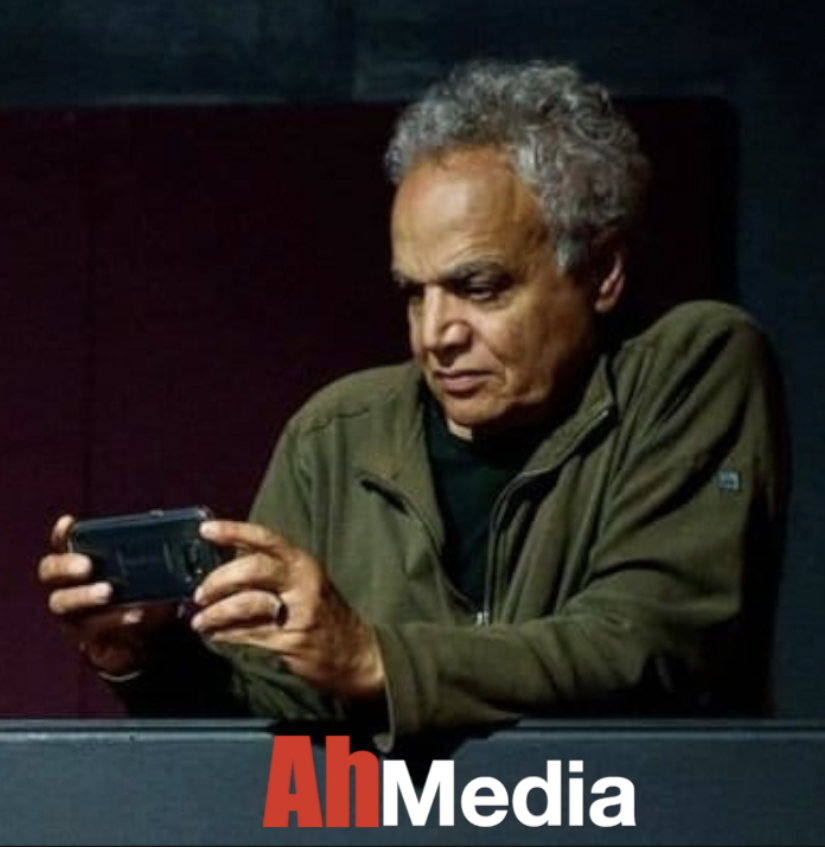Tahrir Square…. a birth of a nation!
The Egyptian popular uprising that erupted on January 25th resulted in a birth of nation where millions of Egyptians found out that Egypt is their own country and not Mubarak’s and his family. This dignity revolution didn’t start from Zero, it started from a Square; the Tahrir Square, (Liberation Square) . The famous square is a major public focal place in Downtown Cairo. It combines all the contrasts in Egypt, from the Egyptian Museum, Hilton hotel, surrounded by elegant buildings that was modeled as the Paris of the Nile. Also it has the biggest public bus station where thousands of poor Egyptians congregate every day to go to work and homes. It took its prominence in the 19th Century when another Mubarak -Ali Pasha Mubarak was charged with remodeling Cairo commissioned by Egyptian ruler at the time Ismail Pasha. And was named Ismailia Square, The square’s name was changed to Midan Tahrir or ‘Liberation Square after the first Egyptian Revolution of 1952. The square has been the traditional gathering place for Egyptians with a grievance – from the bread riots of 1977 to the protests against the US-led invasion of Iraq in 2003. The Square had been the symbol for the Egyptian regime for years, at least until 1972 general strike, when the midan (square) became the focus of the student movement and opposition to Sadat regime. It was 24th of January 1971, which witnessed a dramatic escalation in the confrontation between students and the Sadat government. Students discovered that the leaders of a sit-in at Cairo University had been arrested. Some 20,000 infuriated students headed towards central Cairo, where security forces failed to disperse them and stopping them from reaching the Square. This was the first time on which President Sadat had to face street riots, and it sets a precedent which he never forgave or forgot. I was a college freshman student who just moved to Cairo from a small village in the delta, politically fragile, never participated in any meaningful way in politics. They announced in the school about the general strike at Tahrir Sqaure, It also witnessed my first day in political life. Against my parents and the rest of family wishes I decide to go, not to participate in the general strike but to be there. I walked the short ½ mile from my house through Qaser Ein street, people were coming from everywhere, no chanting no conversation, just slow steadfast movement, as if something big is about to happened. Once I got to the Square where thousands of people were there already, we congregated around the center where the most elegant public fountain in Egypt, (no longer there now) surrounded by 10,000 students chanting, joking, and talking, the night fall was cold, the air was thick. Students started climbing walls and posts, bringing down advertisements billboards and pictures of Sadat and his family, all were consumed by a huge camp fire. It was like Woodstock without drugs and sex. As the night went on, the big crowd broke downs to smaller groups, people with different grievances and different interest, start forming their own groups, breaking away from the center where the hard core protesters are, the further the you are from the center, the more inclined to leave on your own. People started trickling out of the Sqaure, you don’t notice these attrition, the crowd that reached in thousands, now a few hundreds. These are the hard core ones and they had no plan to leave. I wanted to see it to the end, the Square was surrounded by thousands of national security forces and riots police. People can leave but there wasn’t any ones coming to replace them. At about 3am, a high ranking police officer approached the crowd, from a short distant he gave his order on a horn speaker, you have seven minutes to leave the Square. The crowd cheered a shown of their defiance. Everyone looked at each other to feel the mood. Things were tense, the organizers asked the crowd to set next to each other and hold hands in confrontation of the police forces, at this point, you have no option but to stay with the group. Rows of police troops equipped with riots platoons and full geared started moving closer. The group chanting started rising “Belady … Belady”, oh my nations, oh my nations to rally everyone to stay. The security forces seemed undaunted, kept getting closer. “we are all Egyptians, we are all Egyptians, chanted the crowd, no communication was taking place. “they don’t speak our language”, joked a protester. The stake was so high and your survival now depends on everyone else survival. A few minutes later and without any warning, all the lights at the square went off, and tear gas were flying everywhere. The security police quickly charged in concert. No amount of patriotism can keep those hard core protesters together, you lose your sense of place, you don’t who is next to you, your connection with your group breaks down, now what is left for you to do is to run away from it all. As I was terrified, I saw a young female student whom I never seen before, trembled and fell inside the public fountain, five or six security forces descended on her beaten her with such brutality I never seen before, I stopped dragged her and we both ran away, we never spoke or saw her again. That day, on January 24th, 1971 at about 4am, I realized in Egypt, our government eat their own children like wolves, my sense of Egypt was never the same again.
Ahmed Tharwat/ Public Speaker/Host of the Arabic TV show BelAhdan www.ahemdiatv.com
Artist paints the Egyptian Revolution
http://c.brightcove.com/services/viewer/federated_f9?isVid=1

